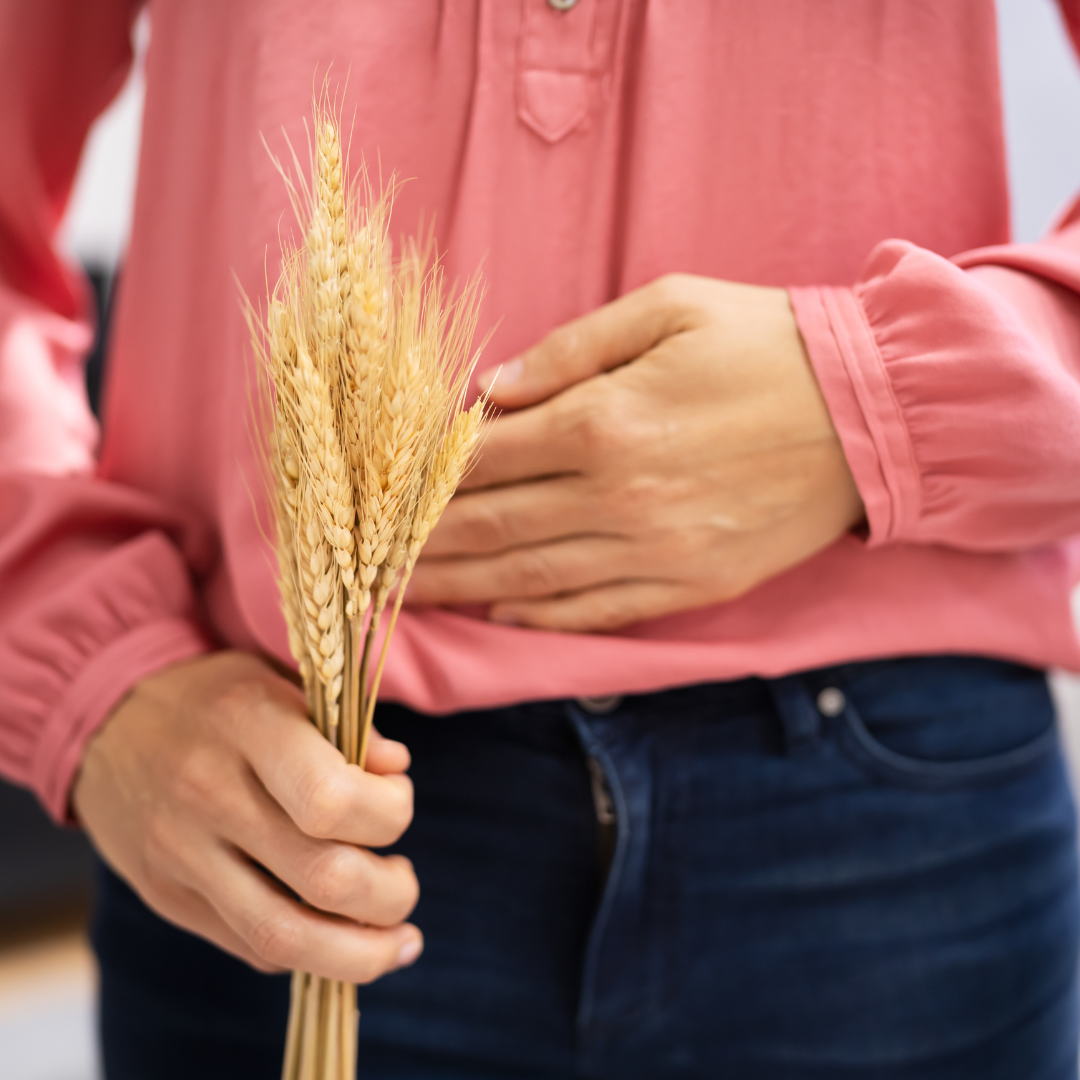
Navigating Wellness: Nutrition for Celiac Disease
Individuals with celiac disease need to pay careful attention to their nutritional intake, as the condition can lead to malabsorption of nutrients due to damage to the small intestine. Adhering to a strict gluten-free diet is the primary treatment for celiac disease, but it's also important to ensure that the diet is nutritionally balanced. Here are some vitamins and nutrients that are especially important for individuals with celiac disease:
- Calcium:
- Celiac disease can affect calcium absorption, which is important for bone health. Include calcium-rich foods such as dairy products (if tolerated), fortified plant-based milk, leafy green vegetables, and calcium-fortified foods.
- Vitamin D:
- Vitamin D is essential for calcium absorption and bone health. Spend time in the sun (with appropriate sun protection), and include vitamin D-rich foods like fatty fish, eggs, and vitamin D-fortified foods or supplements if necessary.
- Iron:
- Iron deficiency is common in celiac disease and can lead to anemia. Good sources of iron include lean meats, poultry, fish, beans, lentils, and iron-fortified cereals. Consuming vitamin C-rich foods with iron-rich foods can enhance iron absorption.
- Folate (Vitamin B9):
- Celiac disease may affect folate absorption. Include folate-rich foods such as leafy green vegetables, legumes, and fortified cereals. In some cases, a folate supplement may be recommended.
- Vitamin B12:
- Damage to the small intestine may impact vitamin B12 absorption. Good sources of vitamin B12 include meat, fish, poultry, eggs, and dairy products. In some cases, a B12 supplement may be necessary.
- Magnesium:
- Magnesium is important for muscle and nerve function, and celiac disease may affect its absorption. Include magnesium-rich foods such as nuts, seeds, whole grains, and leafy green vegetables. Vitaminis Immune Support have as much Magnesium as 5 cups of spinach in a tasty orange pineapple juice shot!
- Zinc:
- Zinc absorption may be compromised in individuals with celiac disease. Include zinc-rich foods such as meat, dairy products, nuts, seeds, and whole grains. Zinc supplements may be recommended in some cases. Vitaminis Immune Support have as much Zinc as 4 avocados, with no added sugar.
- Fiber:
- A gluten-free diet can sometimes be lower in dietary fiber. Include gluten-free whole grains, fruits, vegetables, legumes, and nuts to ensure an adequate intake of fiber. Vitaminis Gut Health has as much fiber as a cub of broccoli (5 grams!) in 2.5 ounces of delicious blueberry juice with banana puree.
- Probiotics:
- Celiac disease can affect the balance of gut bacteria. Probiotics may help support gut health and the immune system. Include probiotic-rich foods like yogurt or consider a probiotic supplement. Vitaminis Gut Health has as much probiotics as 2 cups of yogurt.
- Omega-3 Fatty Acids:
- Include sources of omega-3 fatty acids, such as fatty fish (like salmon and mackerel), flaxseeds, chia seeds, and walnuts, which can help support heart and brain health.
Individuals with celiac disease need to work with healthcare professionals, such as dietitians or nutritionists, to create a personalized nutrition plan. Regular monitoring of nutrient levels through blood tests may be recommended to identify and address any deficiencies. Additionally, consulting with a healthcare provider before taking supplements is crucial to ensure they are appropriate and safe for individual needs. Vitaminis are gluten-free and can make a tasty and convenient addition to your celiac diet to help meet your nutritional needs.
